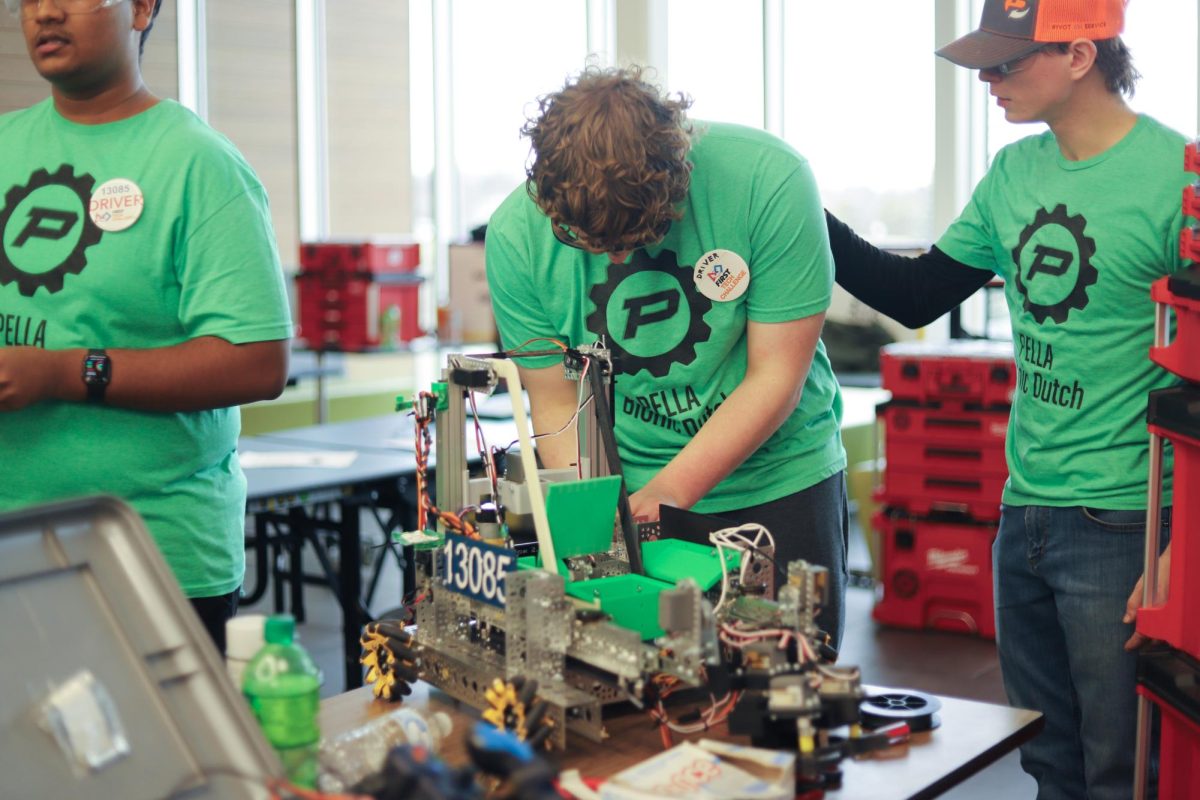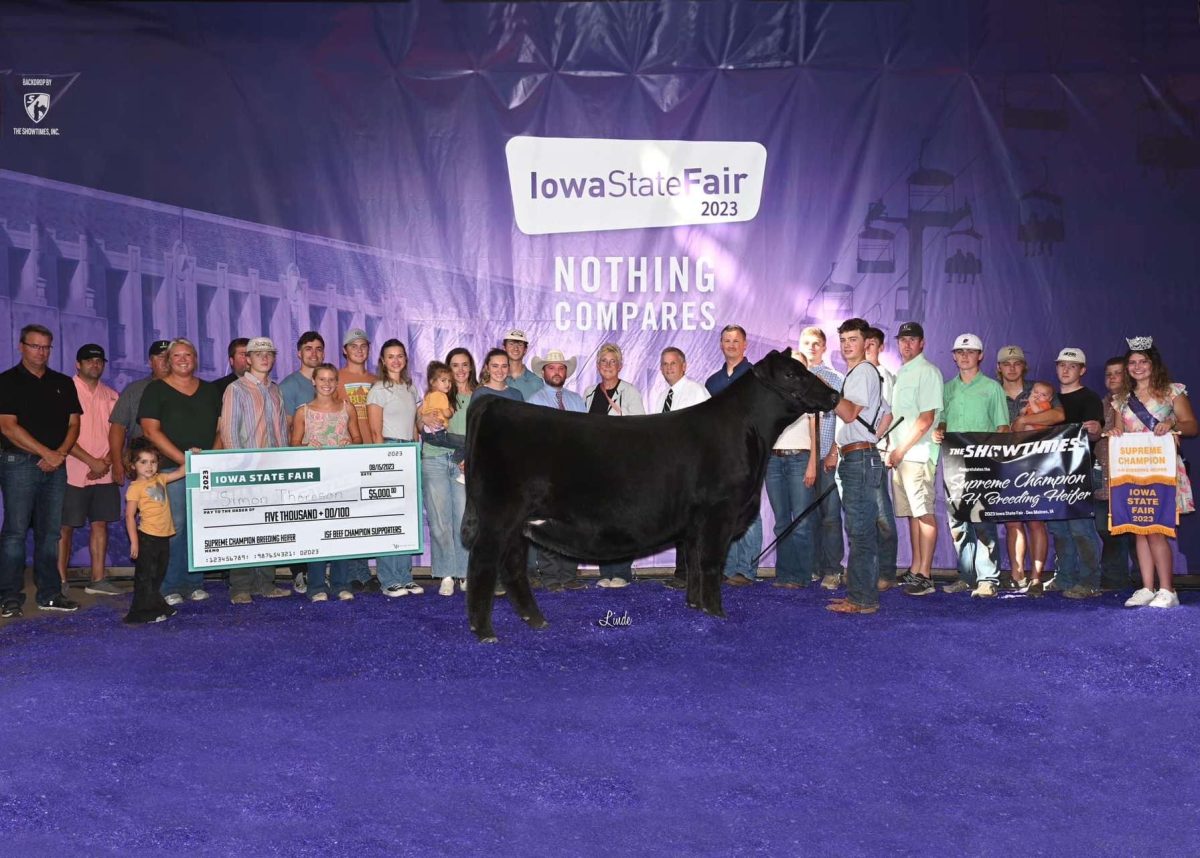The average American consumes roughly 164 pounds of beef annually. It takes 34,636 gallons of water to grow those 164 pounds of beef for consumption. Your 164 pounds of beef require 679,616 BTU’s of energy, or enough to power a single lightbulb for around 380 years. Maybe the sustainability crisis lies in the burger sitting on your plate, not in the oil in Saudi Arabia.
Unfortunately, this problem is rarely recognized as an integral part of the sustainability crisis. Agriculture, while essential to our daily lives in the US, is one of the largest issues when it comes to changing the earth. Everyone knows our pickup trucks and SUVs are killing the polar bears, but what we do not hear is that livestock is doing as much damage to our earth’s climate. According to a 2006 UN report, livestock “generates more greenhouse gas emissions than transport.” And that study was about greenhouse gases alone, not to mention that ranching is one of the leading causes of deforestation globally, with your 164 pounds of beef requiring 49,000 square feet of land for grazing and growing feed.
While everyone can all enjoy a juicy steak or grilled hamburger, there are many alternatives to livestock for our food supply. Roughly 2 billion people around the world can be found enjoying insects for a meal. A cricket contains half as many calories as ground beef, only 17% of the amount of fat, and just as much protein. On top of that, 164 pounds of insect only requires around 150 gallons of water, 0.4% of the water requirements of the equivalent amount of beef. Now I’m not saying to go grab that ladybug sitting on the window and plop her in your mouth, but insects can be put into bread, meatballs, and all sorts of delicacies, eliminating thoughts of creepy crawlers roaming around the furnace room of your basement.
At the end of the day, most of us probably aren’t going to order tortillas made from cricket powder on Amazon, but we need to at least acknowledge that the amount of beef that we are consuming is a problem. Maybe that means trading your Big Mac for McNuggets, or swapping your ribeye for a salad. These steps may seem inconsequential, but the biggest problems can only begin to be solved by everyday actions taken by common people in common places like Pella.








